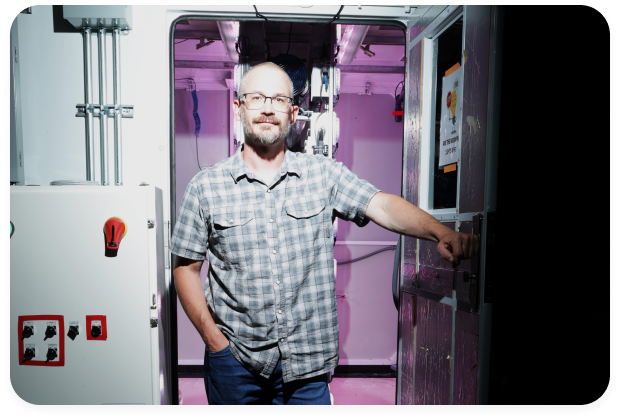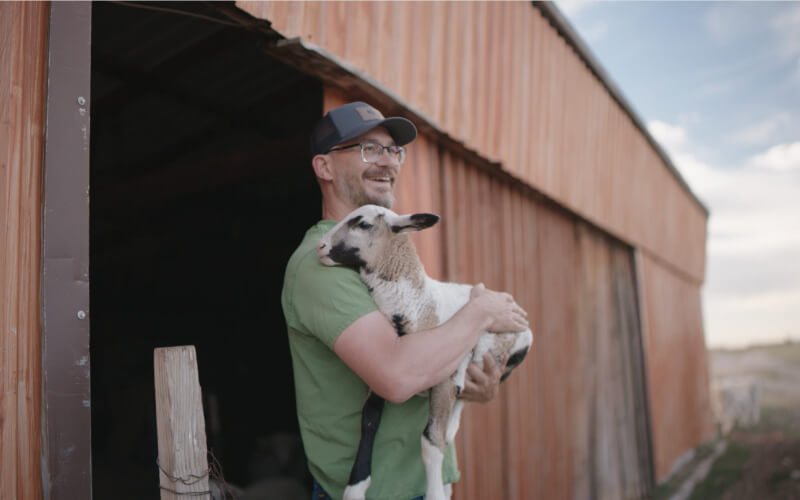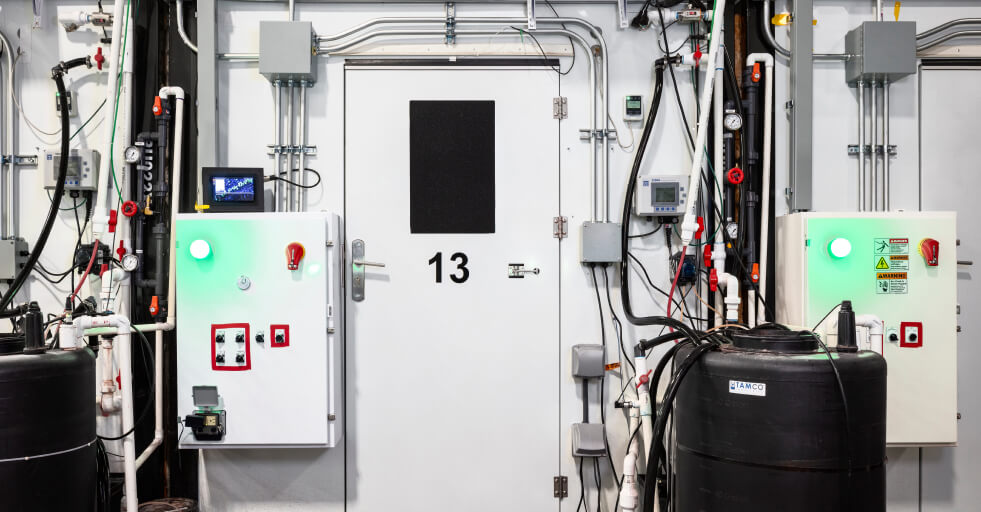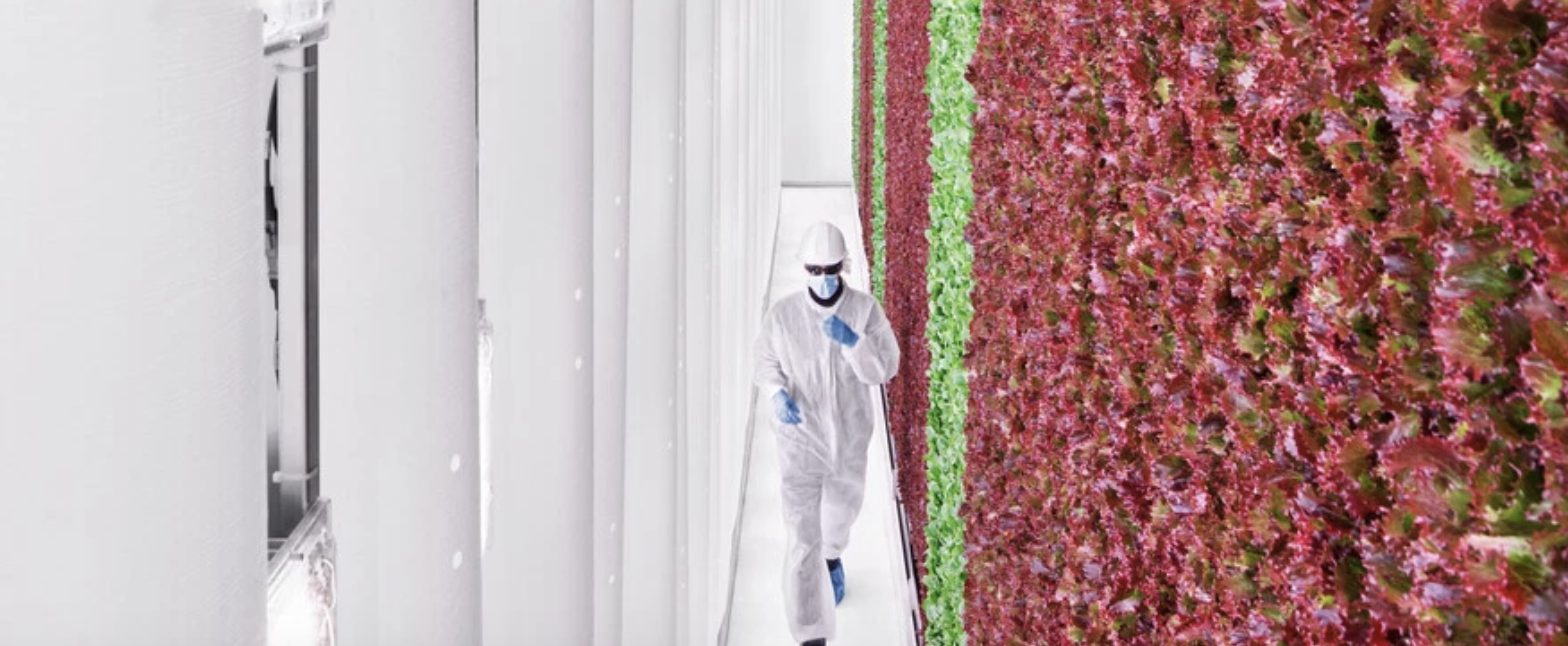At Plenty we nurture plants to grow strong, be extraordinarily delicious, and produce exceptional yields. We provide plants exactly what they need from the moment we sow a seed to the moment we harvest our crops.
But it might come as a surprise to learn that we do all this without soil. After all, isn’t soil the foundation for all plant life?
While it may be conventional wisdom in traditional agriculture, plants do not need soil to grow. What a plant’s roots need are water and nutrients, and at Plenty we can provide both of those by growing plants in water. Many of us have grown plants in this way by pinching off the stem of a favorite plant and placing it in a glass of water in order to develop roots. In fact, growing plants in water with supplemental nutrients has been around for thousands of years, it may have even been the secret to one of the Seven Wonders of the World: the Hanging Gardens of Babylon.
But even if it is possible to grow plants in water, is it better? Yes! Here’s why:
It’s easier to control the nutrient mix.
Soil does not always provide the balance of nutrients required for optimal growth. The chemical composition of different soils can also be highly variable, and in some cases heavy metals or residual pesticides that are toxic to plants and people may be present. The soil porosity, water holding capacity, pH, and more can have a negative impact on root development. In a compacted or waterlogged soil, plants struggle to develop roots, using energy that might otherwise have gone into leaf, shoot, or fruit development.
It conserves water.
Traditional farmers have to use an extraordinary amount of water to offset evaporation and runoff. Much, sometimes most, of the water that is applied to crops using conventional irrigation is lost to evaporation, or leaching into the waterways (often carrying pesticide or fertilizer pollutants). By contrast, Plenty’s indoor vertical growing environment is a closed system that is designed to capture evaporated water and return it to plants. This means that, broadly speaking, Plenty’s indoor, vertical growing environment uses significantly less water compared to traditional soil-based agriculture.
We are in danger of running out of soil.
According to the FAO (Food and Agriculture Organization), we need soil to grow 95% of the food we consume today, but a soccer field’s worth of soil is eroded every 5 seconds due to deforestation, overgrazing, and other agricultural practices. At that rate, by 2050, 90% of all soils globally are expected to be degraded. At the same time, the World Bank estimates we will need to produce 70% more food by 2050 to feed a growing population. This combination of accelerating soil degradation and growing food security challenges make the ability to use alternative, soil-free methods to grow quality, fresh produce even more important.
Growing vertically indoors and without soil is an excellent way to nurture healthy, strong plants while minimizing impact on the planet. Soil-free solutions can perfectly and precisely give a plant everything it needs. It’s a system that’s designed around the needs of plants, rather than a system that plants have to adapt to. This is a huge part of why Plenty can produce exceptionally fresh and delicious produce with peak season flavor and quality every time.




